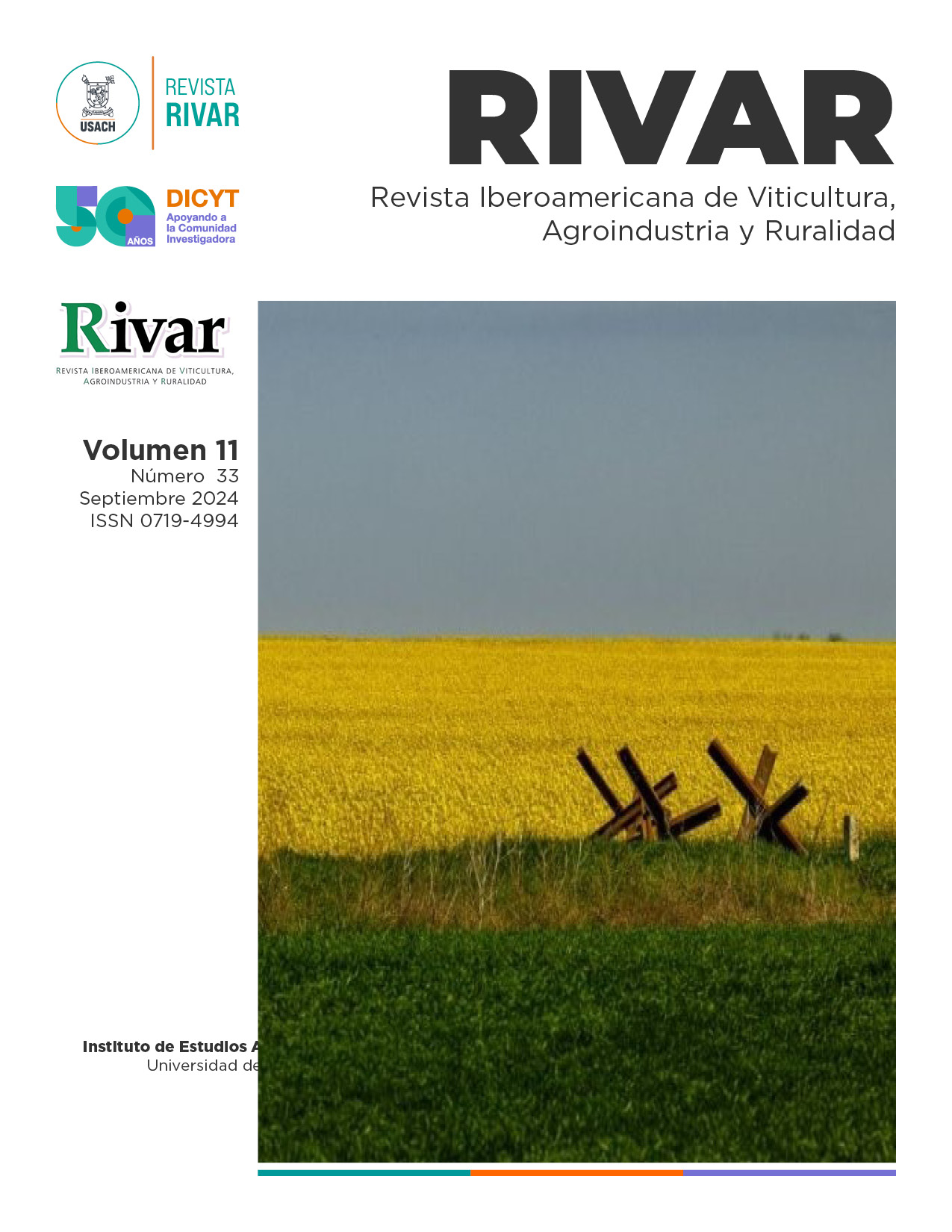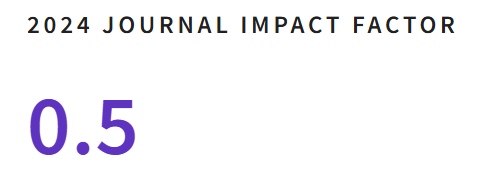The Process of Kurdish Relocations in the History of Kazakhstan Land Policy
DOI:
https://doi.org/10.35588/rivar.v11i33.6361Keywords:
forced resettlement, regime, totalitarianism, fascism, democracyAbstract
The study examines the problems of the Kurds of Kazakhstan and their political and legal activity, which have not yet been studied in socio-political science. In contrast to the previously conducted studies of various profiles, the presented study deals in more detail with political issues: the deportation of Kurds from Transcaucasia to Kazakhstan; the revival and development of the Kurds of Kazakhstan; the political and legal activity of the Kurds in Kazakhstan. The study notes that Kurds in Kazakhstan feel like equals among others and develop their material and spiritual culture and their native language. Therewith, in Kazakhstan, the Kurdish population has reached a new level of politicisation and development of ethnic identity, which is expressed in its more active participation in the socio-political life of the country, in the creation of public organisations, in the expansion of work to preserve the identity of its people and its political and legal activity. The political and legal activity of Kurds of Kazakhstan is the degree of practical participation of Kazakh Kurds in politics, legal policy, and the totality of individual actions and interactions of Kurdish individuals aimed at achieving any political or legal purpose.
Downloads
References
Absattarov, G. (2019). Political Technologies of Legal Culture Education. Bulletin of the National Academy of Sciences of the Republic of Kazakhstan, 4, 110-116.
Absattarov, G., Mukhanova, G.B., Abdiraiymova, A., and Sarbassova, A. (2020). The Patriotic Consciousness of the Kazakh People is the Basis for the Sustainable Development of the State. Rivista di Studi sulla Sostenibilita, 2, 35-48. http://dx.doi.org/10.3280/riss2020-002003
Absattarov, G.R. and Rim, E.S. (2018). Legal Person as New Socio-Political Phenomena. Bulletin of the National Academy of Science of the Republic of Kazakhstan, 5, 129-135.
Absattarov, R.B. and Mirzoev, K.I. (2015). Kurdish Diasporas in Central Asia. Bulletin of the Kazakh National Pedagogical University, 2, 56-63.
Aziz, M. (1998). Black Days in a Bright Land. Kurdistan, 2, 10-14.
Dominian, L. (1915). The Peoples of Northern and Central Asiatic Turkey. Bulletin of the American Geographical Society, 47(11), 854-860. https://doi.org/10.2307/201611
Kazajstán Gazetteri (2011). Kurds of Kazakhstan: History, Culture, Traditions. Kazajstán Gazetteri. https://kazpravda.kz/
Kim, S.C., Han, K.S., Kim, H.W., Jeong, M.J., and Chung, J.K. (2022). John Milton’s View on the True Church. Astra Salvensis, 10(1), 151-167.
Mirzoev, K.I. (2001). Kurds. Small Encyclopedia. Ulagat.
____. (2016). Kurds. History and modernity. Ulagat.
Mukhanova, G.B., Absattarov, G.R. (2020). Kazakh Patriotic Consciousness: Political Science Aspects. International Journal of Criminology and Sociology, 9, 3203-3212.
Nabiyev, V.G. (2020). Culture of the Kurdish Diaspora in Kazakhstan. Gylym.
____. (2021). Features of the Formation of the Kurdish Diaspora. Bulletin of KazNPU. Social and Political Sciences Series, 3, 40-47.
Nadirov, N.K. (2003). We Kurds are Kazakhs. Gylym.
____. (2008). Time Differences or Historical Turns: An Integrity Test. Gylym.
Spytska, L. (2023a). Assessment of the Political and Security Decisions of the Nuremberg Trials from a Legal Perspective. Pakistan Journal of Criminology, 15(1), 63-76.
____. (2023b). Criminal Prosecution as a Tool of Political Pressure on Opposition Forces by Authoritarian Regimes: From the Origins to the Present. Pakistan Journal of Criminology, 15(2), 259-274.
Zharmakhanova, Z., Nurdavletova, S., and Akhmetzhanova, L. (2021). European Union’s security policy in regard to Central Asia within the EU strategy for CA. Central Asia and the Caucasus, 22(3), 7-14.









